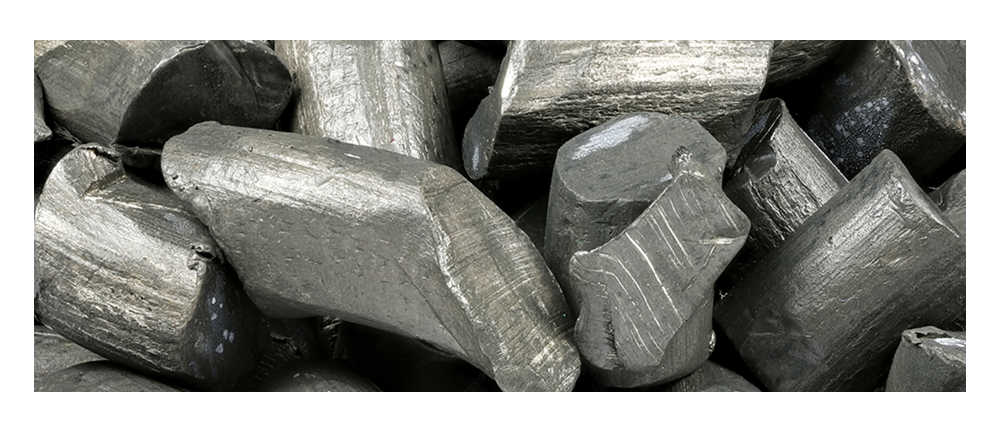Lithium is the lightest known metal, for which the heaviest competition for possession may occur in the future.
In the capitalist mode of production, human wants and necessities are converted into commodities: that is, use values are made to go through an exchange value system, through markets, with profit as the motive. Improvements in technology create new opportunities for capitalism to discover new uses for the elements of nature and convert them into commodities.
Since the Industrial Revolution, imperialism has plundered the earth for oil, creating wars and destroying ecosystems. The carbon emission that was 200 parts per million in the nineteenth century increased alarmingly to 410 ppm in 2010, and we are now tending towards the “planet boundary” (450 ppm), beyond which it is impossible to reverse the damage caused by climate change, no matter what we try.
Even the report of the Intergovernmental Panel on Climate Change, which scientists criticise as very conservative, says that if the Antarctic glaciers of Thwaites and Pine Island melt because of global warming, the sea level may go up by 3.35 metres, or 11 feet.
An increase in temperature of 2°C may raise the sea level by 1 metre, which would displace a billion people from their habitat, causing a mass exodus and a refugee crisis as a result of climate change catastrophe.
As the oil reserves are exhaustible and polluting, technology has to find alternatives and reduce carbon emissions. One of the solutions is to prevent emissions using electric vehicles.
Lithium is a main element in the manufacture of batteries for electric vehicles. Like the rush for gold and then for oil, there could be a lot of geopolitical tension in the acquisition of lithium. Elon Musk, who plans to set up a Tesla electric-vehicle factory in Brazil, is eyeing the deposits in the “lithium triangle” of Argentina, Bolivia, and Chile, which has half the world’s lithium deposits, or about 5.4 million tonnes.
After Evo Morales was ousted from the presidency of Bolivia in 2019, Elon Musk tweeted: “We will coup whoever we want. Deal with it.” The reason for this message was the policy of “resource nationalism” followed by Morales, who was opposed to the surrender of resources to transnational mining companies and in favour of using the income for government expenditure on the education, health and public welfare of the Bolivian people. Bolivia under Morales had even started a project of producing electric vehicles with quantum motors with its own lithium batteries.
Musk deleted the tweet after public outrage. But the attitude of oligarchs like Musk is “Why are those indigenous people living over my lithium?” That is the same attitude the United Fruit Company had when it said, “What is good for United Fruit is good for the United States, and vice versa.” In Guatemala, Jacobo Árbenz, who confiscated unused agricultural land from the United Fruit Company, was overthrown in 1954 by a CIA operation.
Imperialism promotes uneven development throughout the world, making the undeveloped countries just providers of raw materials by exploiting the land and labour of the indigenous people. The so-called “development” always comes at the cost of the environment, and indigenous people are the ones who have to live with the consequences, such as deforestation and the contamination of air and water.
A distinction between extraction (mining with minimum impact on the environment) and extractivism (mining for profits alone, with no commitment to the environment or social impact) is gaining popularity.
Controlling the emission of carbon is very important, and fossil fuels have to be replaced with renewable sources of energy. But the question arises: From where do we produce electricity to charge those electric vehicles? Without answering that question, the attempt to produce electric vehicles is only to capitalise the market for making profits on the pretence of being eco-friendly. Capitalism can never go “green.”
This is where the elected government, accountable to the people in a democracy, has to step in and make investments with the aim of sustainable development goals and developing public transport systems to reduce greenhouse gas emissions. On the contrary, what is evident in Britain is a systematic destruction of the public transport system by the Tory government. When the cost-of-living crisis forced 50,000 members of the RMT Union to go on strike, the general secretary, Mick Lynch, was castigated by the media for “holding the country to ransom.”
The goal of achieving net zero emission (carbon emission by human activities is within the limit absorbed by nature and by the use of technology) is a global issue and needs global cooperation. But if it is going to be left to the mining companies and car monopolies, the contest to capture lithium deposits will further heat up the warming planet.






